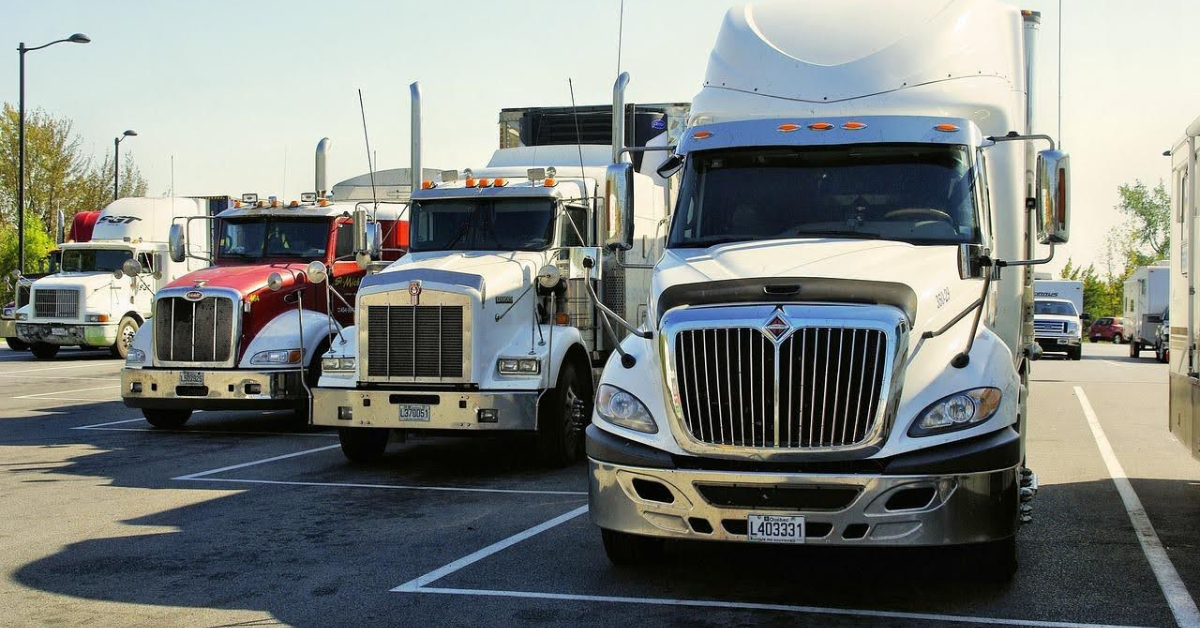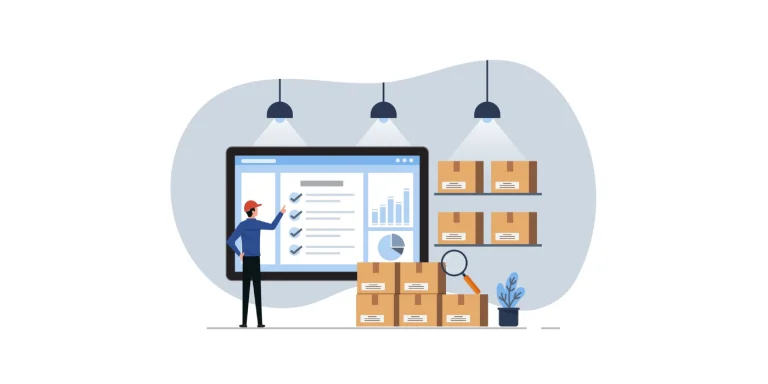Starting a Trucking Business? Here’s What You Need to Know

Starting a trucking business can be a rewarding venture, offering independence and the potential for substantial financial gain. As the backbone of freight transport, trucking plays a crucial role in the economy, connecting manufacturers, retailers, and consumers. However, entering this competitive industry requires careful planning, knowledge of regulations, and a clear understanding of operational logistics. In this guide, we will explore the essential steps and considerations for launching your trucking business, from securing financing and obtaining necessary permits to selecting the right equipment and establishing efficient routes. Whether you’re a seasoned professional or a newcomer to the field, this information will provide a solid foundation for your entrepreneurial journey.
Understanding the Regulatory Landscape
Entering the trucking industry necessitates a comprehensive understanding of the regulatory environment. Federal, state, and local regulations govern various aspects of trucking, including licensing, safety, and compliance. Familiarising yourself with the Federal Motor Carrier Safety Administration (FMCSA) regulations is crucial, as these guidelines dictate everything from driver qualifications to vehicle maintenance standards. Failure to adhere to these regulations can lead to costly fines and the suspension of your operating authority.
State-specific laws must also be taken into account. Each state may have unique requirements regarding permits, tax obligations, and legal liabilities. It’s advisable to consult with local regulatory agencies or a legal expert to ensure that your business complies with all applicable laws. Staying informed about changes in regulations is vital, as non-compliance can have significant repercussions for your business.
Safety regulations are paramount in maintaining a reputable trucking business. Ensuring that all drivers are adequately trained and that vehicles undergo regular inspections is essential. Establishing a culture of safety within the company not only helps in reducing accidents but also builds trust with clients and partners, ultimately contributing to the long-term success of your trucking venture.
Financing Your Trucking Business
One of the primary considerations when starting a trucking business is securing adequate financing. The initial investment can be substantial, covering costs such as purchasing or leasing trucks, acquiring necessary permits, and insurance. Various financing options are available, including traditional bank loans, small business loans, and specialized financing providers that cater to the trucking industry. Whether you need quality Shoreline truck parts or financing for a new fleet of trucks, it’s crucial to thoroughly research and compare the various options available to find the best fit for your business’s needs. When applying for financing, presenting a solid business plan is of utmost importance.
This plan should detail your operational strategy, revenue projections, and market analysis, demonstrating to lenders that you have a clear path to profitability. Additionally, maintaining a good credit score can significantly improve your chances of securing financing on favorable terms. Exploring grants and programs specifically designed for new businesses can also provide financial support without the burden of repayment.
Investing in technology can further enhance your financial strategy. Implementing fleet management software and fuel management systems can help optimize operational efficiency, reduce costs, and improve profit margins. With the right combination of financing options and technology, your trucking business can be well-positioned for success from the outset.
Choosing the Right Equipment
Selecting the appropriate equipment is critical to the success of your trucking business. The type of trucks you choose will depend on the specific freight you’ll be transporting, whether it’s perishable goods, hazardous materials, or standard freight. Assessing your target market will guide your decisions regarding truck size, capacity, and specialized features necessary for your operations.
Consider investing in auxiliary equipment such as trailers and cargo handling tools. Having the right tools can enhance your operational efficiency and help maintain the quality of the products being transported. Researching different manufacturers and models is essential to find options that offer reliability, safety, and performance while staying within your budget.
Maintenance and repair should be a priority when choosing your equipment. Developing a routine maintenance schedule and having a trusted mechanic can prevent costly breakdowns and extend the lifespan of your fleet. Investing in quality equipment and ensuring it’s well-maintained will lead to increased reliability and customer satisfaction in the long run.
Establishing Efficient Routes
Efficient route planning is crucial for maximizing profitability and ensuring timely deliveries. Leveraging technology, such as GPS and route optimization software, can aid in identifying the best paths while considering factors like traffic patterns, road conditions, and fuel efficiency. Implementing these tools reduces delays and can lead to significant savings on fuel and travel time.
When planning your routes, it’s important to take into account the preferences and specifications of your clients. Some shipments may require expedited delivery, while others might benefit from a more cost-effective route. Clear communication with clients about delivery expectations and any potential delays builds trust and sets realistic timelines, ultimately enhancing customer satisfaction.
Analyzing your routes regularly can help identify areas for improvement. Gathering data on delivery times and fuel consumption can highlight inefficiencies and provide insights for future operations. Continuous evaluation will ensure that your trucking business operates at its highest potential, adapting to changing market demands and customer needs.
Building a Strong Client Base
A successful trucking business relies heavily on establishing and maintaining a strong client base. Networking within the industry can open doors to potential clients and partnerships, facilitating growth opportunities. Participating in trade shows, attending industry events, and leveraging social media platforms can enhance your visibility and connect you with potential shippers.
Developing a reputation for reliability and professionalism is essential to attracting and retaining clients. Consistently meeting delivery deadlines and providing exceptional customer service will set your business apart in a competitive market. Encourage feedback from clients to identify areas for improvement and demonstrate your commitment to their satisfaction.
Offering flexible services can appeal to a broader range of clients. Catering to special requests, such as temperature-sensitive shipments or last-minute deliveries, can position your business as a go-to provider. By prioritizing client relationships and adapting to their needs, you can foster long-term partnerships that drive repeat business.
Implementing Effective Marketing Strategies
To ensure the growth of your trucking business, it’s imperative to develop robust marketing strategies. In today’s digital age, having a strong online presence is essential. Creating an informative and user-friendly website that showcases your services, contact information, and testimonials will help attract potential clients and build credibility.
Utilizing social media platforms can also play a significant role in promoting your business. Regularly sharing industry insights, company updates, and engaging content will keep your audience informed and interested. Establishing a brand voice and interacting with your audience through comments and messages can enhance your company’s visibility and foster a sense of community around your brand.
Investing in targeted advertising can generate leads and attract specific clientele. Consider using pay-per-click (PPC) advertising or local print media to reach businesses that are in need of logistics and transportation solutions. A well-rounded marketing approach will not only enhance your visibility but also establish your trucking business as an industry leader.
Starting a trucking business requires careful consideration and planning. Understanding the regulatory landscape, securing financing, selecting the right equipment, establishing efficient routes, building a strong client base, and implementing effective marketing strategies are all crucial steps in launching a successful operation. By continuously evaluating and adapting to industry changes and customer needs, your trucking business can thrive in this competitive market. Building a strong foundation with these essential elements will set you on the path to long-term success in the trucking industry.





